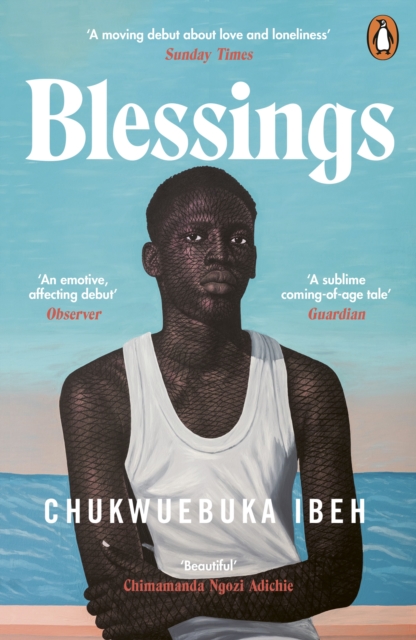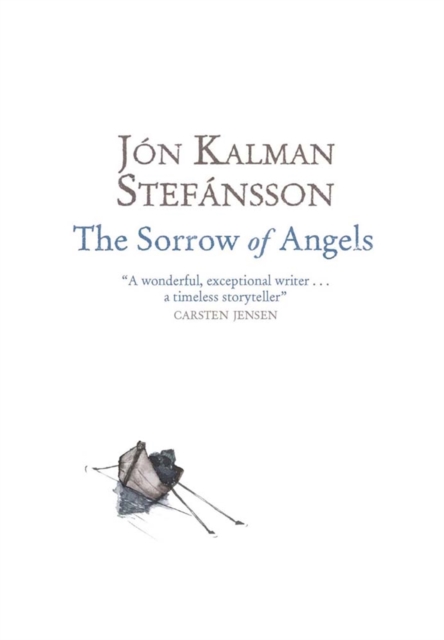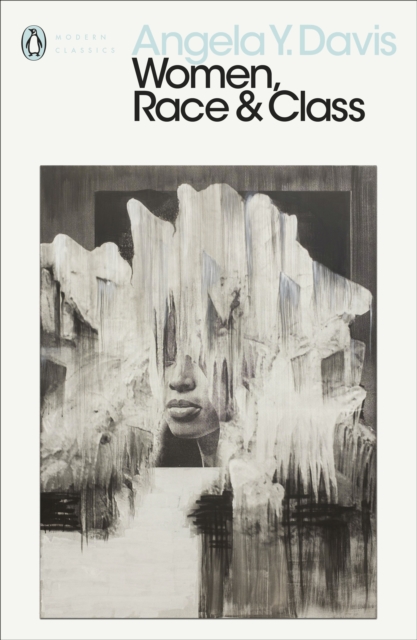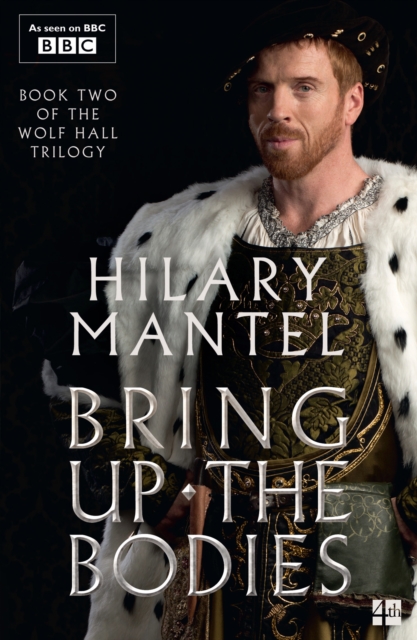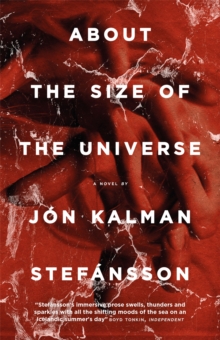

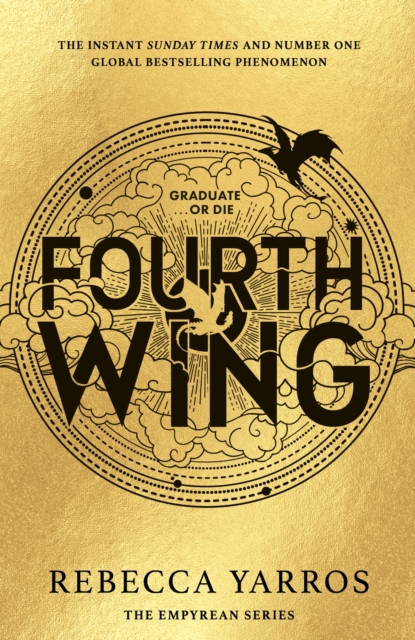
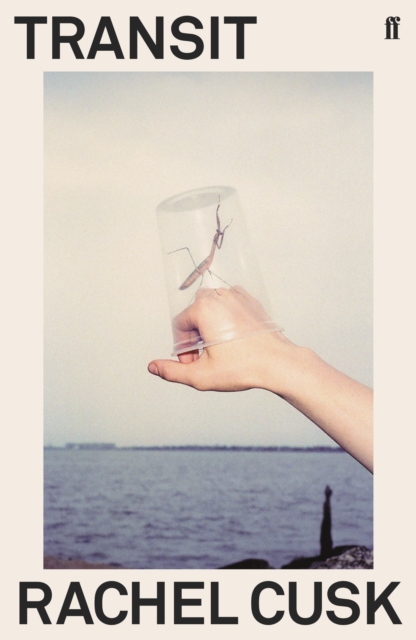
Transit
3.490 kr.In the wake of her family’s collapse, a writer and her two young sons move to London. The upheaval is the catalyst for a number of transitions – personal, moral, artistic, and practical – as she endeavours to construct a new reality for herself and her children. In the city, she is made to confront aspects of living that she has, until now, avoided, and to consider questions of vulnerability and power, death and renewal, in what becomes her struggle to reattach herself to, and believe in, life.
Filtered through the impersonal gaze of its keenly intelligent protagonist, Transit sees Rachel Cusk delve deeper into the themes first raised in her critically acclaimed novel Outline, and offers up a penetrating and moving reflection on childhood and fate, the value of suffering, the moral problems of personal responsibility and the mystery of change.
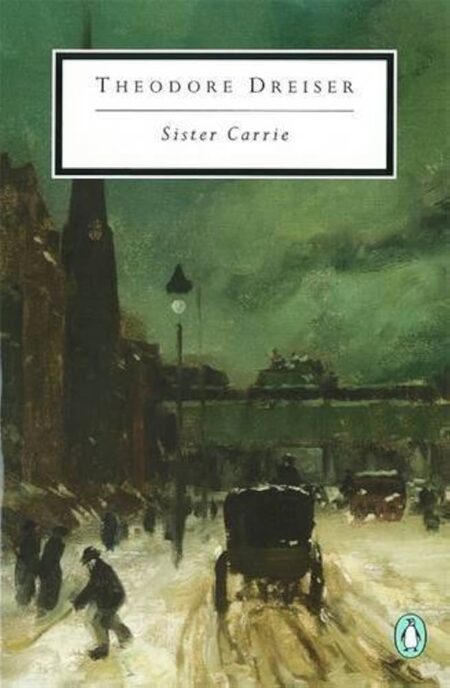


Porn: An Oral History
4.390 kr.How do we talk about porn? Why it is that when we do talk about porn, we tend to retreat into the abstract? How do we have meaningful conversations about it with those closest to us? In Porn: An Oral History, Polly Barton interrogates the absence of discussion around a topic that is ubiquitous and influences our daily lives. In her search for understanding, she spent a year initiating intimate conversations with nineteen acquaintances of a range of ages, genders and sexualities about everything and anything related to porn: watching habits, emotions and feelings of guilt, embarrassment, disgust and shame, fantasy and desire. Soon, unfolding before her, was exactly the book that she had been longing to encounter – not a traditional history, but the raw, honest truth about what we aren’t saying.
A landmark work of oral history written in the spirit of Nell Dunn, Porn is a thrilling, thought-provoking, revelatory, revealing, joyfully informative and informal exploration of a subject that has always retained an element of the taboo.

How to Spot a Fascist
1.990 kr.We are here to remember what happened and to declare solemnly that ‘they’ must never do it again. But who are ‘they’?
How to Spot a Fascist is a selection of three thought-provoking essays on freedom and fascism, censorship and tolerance – including Eco’s iconic essay ‘Ur-Fascism’, which lists the fourteen essential characteristics of fascism, and draws on his own personal experiences growing up in the shadow of Mussolini.
Umberto Eco remains one of the greatest writers and cultural commentators of the last century. In these pertinent pieces, he warns against prejudice and abuses of power and proves a wise and insightful guide for our times. If we strive to learn from our collective history and come together in challenging times, we can hope for a peaceful and tolerant future. Freedom and liberation are never-ending tasks.
Let this be our motto: ‘Do not forget.”He brilliantly exposes all that is absurd and paradoxical in contemporary behaviour. Eco’s irony is disarming, his cleverness dazzling’
Guardian